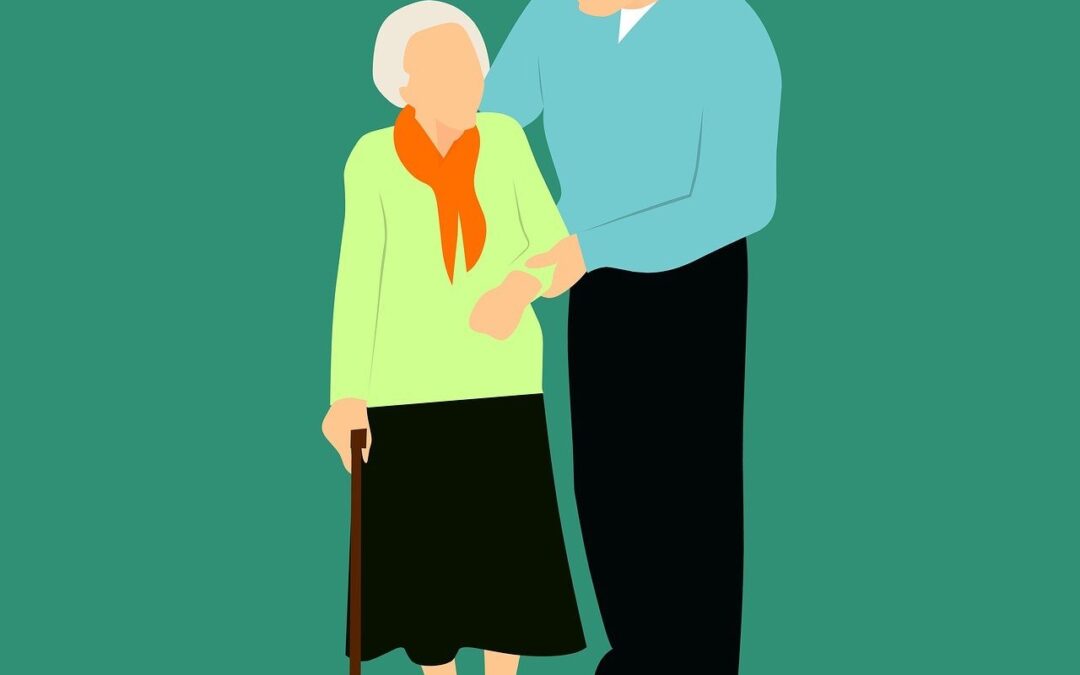Watching loved ones age is often accompanied by mixed feelings. On the one hand, of course, it’s wonderful to have this special person present and continuing to live life. On the other hand, it can become concerning to witness a slow decline in both mental and physical abilities.
When is it time to consider placing a loved one into a long-term care facility? Obviously, this decision is emotional and extremely difficult. Family members might feel selfish or as if they’re abandoning their loved one. This decision must be made with the care of the loved one as the absolute primary concern. Are they able to live safely and independently? Here are several signs to look for when considering placing a loved one into a care facility.
Self Care
A common sign that a loved one might need extra assistance is declining self-care. Hygiene can become a concern along with a consistent messy appearance. Bathing, brushing one’s teeth, washing clothes, and other daily care activities tend to become scarce.
Memory Loss
Aging is accompanied by moments of memory loss here and there, but significant lapses in time, losing a sense of where one is or forgetting well-known people are signs that a person might need more assistance.
Poor Management of Finances
If bills are going unpaid, hot checks are getting written, and money seems to be disappearing without warning, it might be time to look further into finding help for the loved one in question. Poor management of money is a common sign that someone might be losing proper cognitive function to live independently.
Nutrition and Weight Loss
Malnutrition is common among those who need assistance in the kitchen, along with unhealthy weight loss. Often the tasks of cooking and preparing meals, going to the grocery store, or even remembering to eat are too much for someone at this stage of decline. Long-term facilities will ensure that the patients receive proper care and are well fed.
Household Upkeep and Safety Concerns within the Home
Is your loved one’s home constantly messy when it used to be tidy? Are there hazardous areas like chords that he or she could trip on or places that could cause a fire to start? Situations like these are signs that your loved one could benefit significantly from living in a facility.
Mood Changes and Lack of Social Contact
Many people suffering from mental and physical decline will grow depressed where depression was not previously a concern. They might withdraw from connecting with friends and quit participating in their favorite hobbies. Depression and withdrawal are not natural parts of aging, so be aware of these loved ones’ changes.
Walking
Walking is a task that many of us take for granted. As we age, muscles grow weaker, and our sense of balance becomes compromised. If your loved one has issues walking short distances without assistance or seems highly unstable, take it into account when considering a senior care facility.
Medicine
It’s common for an older person to have a long list of prescribed medications. However, it’s not normal or healthy for this person to neglect taking — or take too many — of these medicines. Ask your loved ones if they’re keeping up with taking the proper doses of medications or if they often forget to take them. Medication mismanagement is another area where a care facility can take away the stress associated with proper medicinal care.
Driving
Driving can become immensely dangerous for those who are losing cognitive and physical decline. Not only are eyesight and hearing going to naturally decrease, but memory loss of typical driving routes and sense of time will put loved ones in perilous situations. If driving becomes an issue, it could be time to consider a care facility.
Placing a loved one in an assisted living or skilled nursing facility is a heavy decision for family and friends. Remember to keep the loved one’s needs and safety as the top priority and know that facilities are here to ensure that they receive proper care. Watch for the signs and let your loved ones know that they are of great importance.
Resources:
“Identifying the Right Time for Senior Care.” U.S. News & World Report, U.S. News & World Report, health.usnews.com/senior-care/caregiving/articles/identifying-the-right-time-for-senior-care.
“7 Signs It May Be Time for Assisted Living: Five Star.” 7 Signs It May Be Time for Assisted Living | Five Star, www.fivestarseniorliving.com/how-to-know-when-its-time-for-assisted-living.

About the Author
Carly Commiato is currently teaching junior high at a small town district. She has a degree in Exercise Physiology and an ACSM Exercise Physiologist (EP-C) Certification. In her spare time, Carly enjoys babysitting for her friends and spending time outdoors.

